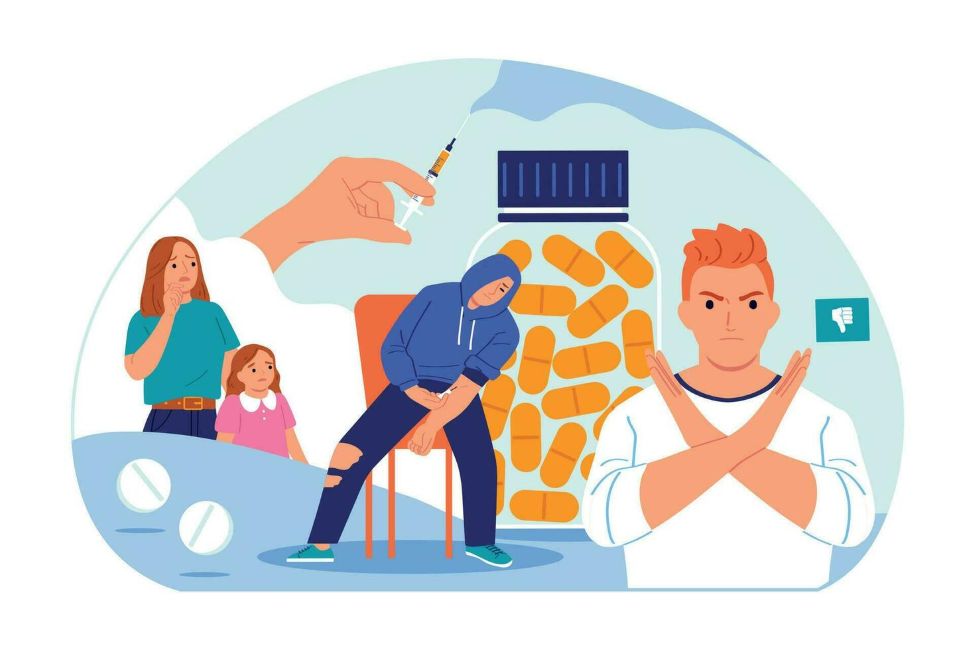Understanding Addiction: Breaking the Cycle and Finding Recovery

1. Understanding Addiction and Its Impact
Addiction is not just a lack of willpower; it is a chronic condition that affects brain chemistry, behavior, and decision-making. Common signs of addiction include:
- Loss of control, where individuals cannot stop despite negative consequences.
- Compulsive behavior, driven by an overwhelming urge to engage in the addictive activity.
- Neglecting responsibilities, including work, relationships, and personal well-being.
- Increased tolerance, requiring more of the substance or behavior to achieve the same effect.
- Withdrawal symptoms, such as anxiety, irritability, or physical discomfort when not engaging in the addiction.
Addiction can lead to strained relationships, financial struggles, legal issues, and serious health complications. However, acknowledging the problem is the first step toward healing.
2. The Role of Psychotherapy in Addiction Recovery
Therapy is a crucial component of addiction treatment, providing individuals with the tools and strategies to break free from dependency. Some of the most effective therapeutic approaches include:
- Cognitive Behavioral Therapy (CBT): Helps individuals recognize and change negative thought patterns that drive addictive behaviors.
- Motivational Interviewing (MI): Encourages individuals to explore their motivations for change and commit to recovery.
- Dialectical Behavior Therapy (DBT): Focuses on emotional regulation, distress tolerance, and mindfulness to manage triggers and cravings.
- Trauma-Informed Therapy: Addresses underlying trauma that may contribute to substance use and addictive behaviors.
- Family Therapy: Engages loved ones in the healing process, helping to rebuild trust and establish a supportive environment for recovery.
3. Steps to Overcoming Addiction
Overcoming addiction is a journey that requires commitment, self-awareness, and support. Some key steps include:
- Acknowledging the problem: Admitting there is an issue is the first step toward meaningful change.
- Seeking professional help: Therapists, addiction specialists, and support groups can provide guidance and accountability.
- Building a support system: Surrounding yourself with positive influences can reinforce recovery efforts.
- Developing coping strategies: Finding healthy alternatives to manage stress and triggers can prevent relapse.
- Practicing self-compassion: Recovery is not a linear process; setbacks can happen, but perseverance is key.
4. When to Seek Help
If addiction is affecting your relationships, mental health, or daily life, seeking professional help can provide the necessary support for lasting recovery. Early intervention increases the chances of success and helps prevent further complications.
Final Thoughts
Addiction is a challenging battle, but it is not one that must be fought alone. With the right therapeutic interventions, support system, and determination, individuals can break free from addiction and reclaim their lives.
If you or someone you love is struggling with addiction, consider reaching out for professional help today. Recovery is possible, and a healthier, more fulfilling life awaits.






